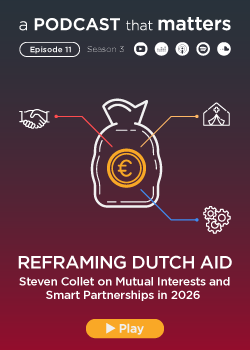Print

Understanding the mechanisms of pain modulation through expectations (conscious and unconscious) in placebo analgesia induced in the context of fear conditioning - MEG and EEG study: NeuroCon
Details
Locations:Spain
Start Date:Sep 1, 2020
End Date:Aug 31, 2022
Contract value: EUR 172,932
Sectors: Health
Description
Programme(s): H2020-EU.1.3.2. - Nurturing excellence by means of cross-border and cross-sector mobility
Topic(s): MSCA-IF-2019 - Individual Fellowships
Call for proposal: H2020-MSCA-IF-2019
Funding Scheme: MSCA-IF-EF-CAR - CAR – Career Restart panel
Grant agreement ID: 896262
Project description:
Pain modulation through conditioning
For patients who deal with chronic pain, pharmacological treatment is still lacking in terms of providing effective and lasting relief. This gives rise to the need for remedies that take the psychological factor into account. However, greater study is required on the neural basis of the process and how brain activity changes in order to recognise relevant and irrelevant information during conditioning. The EU-funded NeuroCon project aims to understand the relationship between classical conditioning and expectancy in placebo analgesia. Moreover, it will examine the implementation of classical forms of conditioning in the context of basic fear. The project hopes to determine how sensory cortices are modified to better detect relevant information.
Objective:
Chronic pain patients cannot be efficiently treated with pharmacological methods and hence investigating alternatives such as psychological-based treatments is essential. One of the well-recognised method of analgesia is placebo which is based on learning processes – classical conditioning (CC). Through CC, expectations about pain relief are formed and those are recognised to mediate the placebo effect. Moreover, the effects of CC play a prominent role in the development of chronic pain-related fear and disability, so investigating the basis of fear conditioning may help developing better pain management strategies.
Expectations about pain relief are shown to reduce the activation of pain-related brain regions and cues associated with pain decrease are processed in higher-order areas of the brain. However, the latest studies are inconclusive in determining to what extent expectations are elicited consciously or unconsciously and it is suggested that it depends the way the effect is generated - simple conditioning or conditioning with verbally induced expectations. In order to bring new light on this subject, the neural basis of the process and how the brain activity changes in order to recognise relevant and irrelevant information during conditioning still needs further investigation.
In order to understand the relation between CC and expectancy in placebo analgesia, this project will implement both types of CC in the context of basic fear conditioning procedure. The brain activity will be measured using MEG and EEG technique and investigated using multiple methods of signal analysis which is a novelty in placebo research. The aim of the project is investigating how sensory cortices are modified to better detect relevant information using MEG and studying anticipatory brain activity using EEG. It may provide an answer to what extent conscious and unconscious processes are involved in pain modulation and what regions of are involved in this process.


